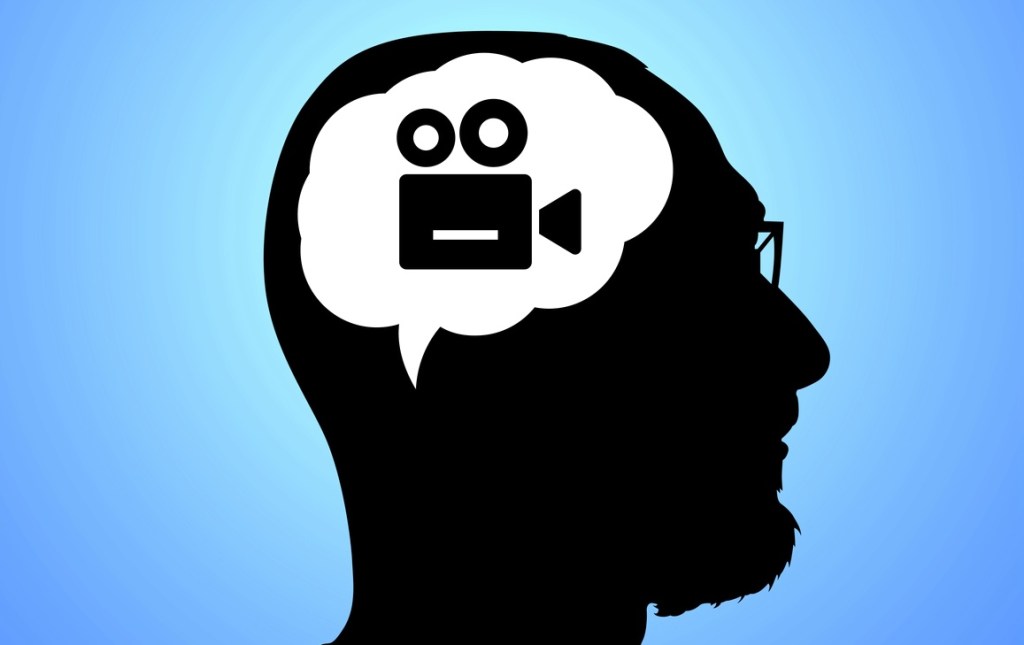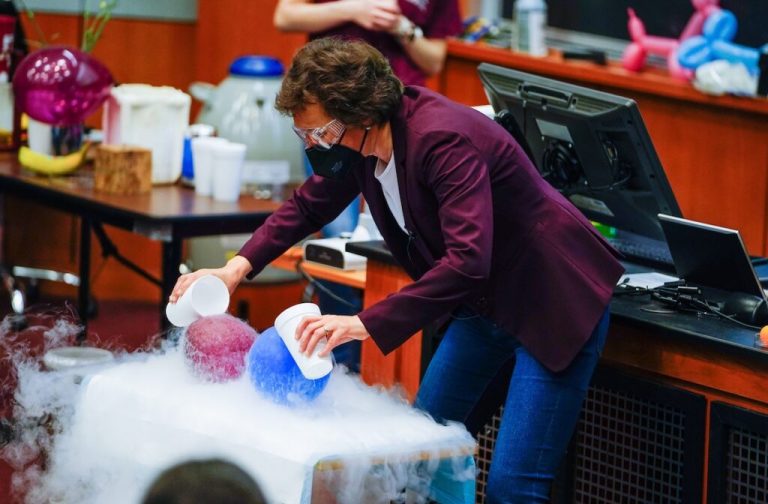It’s long been known that the way memories are organized in the brain is similar to how movies are organized: scene by scene. But given there are no directors, editors, or screenwriters in our heads deciding when one scene starts and another begins, how exactly these boundaries are delineated has proven more of a mystery.
Per Live Science, the leading theory posits that divisions of daily events are determined through changes in environment. So, when we get out of our cars and enter a crowded grocery store, for example, a new memory segment arises from the change in setting.
But another, lesser-embraced idea is that the brain separates memories based on our past experiences or feelings regarding places or events — meaning while our environments may play some role in memory segmentation, our goals and values are able to override their power. A new study published in the journal Current Biology is backing up this hypothesis, suggesting we have greater control over how we interpret day-to-day events than previously believed.
To arrive at their findings, scientists from Columbia University created 16 short audio narratives. Each combined one of four locations (a restaurant, airport, grocery store, and lecture hall) with one of four social situations (a breakup, proposal, business deal, and meet-cute).
Study participants then listened to the narratives while the research team scanned their brains using functional magnetic resonance imaging. They used a proprietary method to track changes in neural activity, particularly in the medial prefrontal cortex, or mPFC, a region of the brain that “perceives and interprets moment-to-moment input from our surroundings,” according to Live Science.
RELATED: How Old Memories Help Us Learn New Things, According to Science (and Snails)
“We now had a tool where we could figure out what these dynamics look like and how people are dividing up these experiences,” corresponding author Christopher Baldassano told the outlet. He and his colleagues noticed that activity in the mPFC spiked when critical moments in the social situations occurred, like when the proposal was accepted or the business deal closed. But when subjects were asked to focus on the location in the narrative instead, their brain activity changed — and so did the segmentation of events.
The team also found that when the participants were asked to recall elements of the story that they hadn’t been specifically instructed to pay attention to, they forgot a number of details.
“You could view that as a good or a bad thing, in the sense that depending on the frame of mind you go into things with, it really does change your memory of what actually happened,” said Baldassano.
To David Clewett, an assistant professor of cognitive psychology at UCLA who was not involved in the study, the overall takeaway is positive. “These results are exciting because they reveal how flexible and active our memory can be. … we can choose what we pay attention to and what we remember,” he said. “This means that, in many ways, we control the narrative of our own experiences.”
Certain conditions, like post-traumatic stress disorder and dementia, as well as normal aging, are associated with difficulties in event segmentation. This research suggests that “memory-based treatments shouldn’t just focus on any shift in a narrative to improve long-term memory,” Clewett added. “Attention should be directed toward key moments — those that truly capture the essence and structure of an experience — to help people better understand and remember what matters most.”











